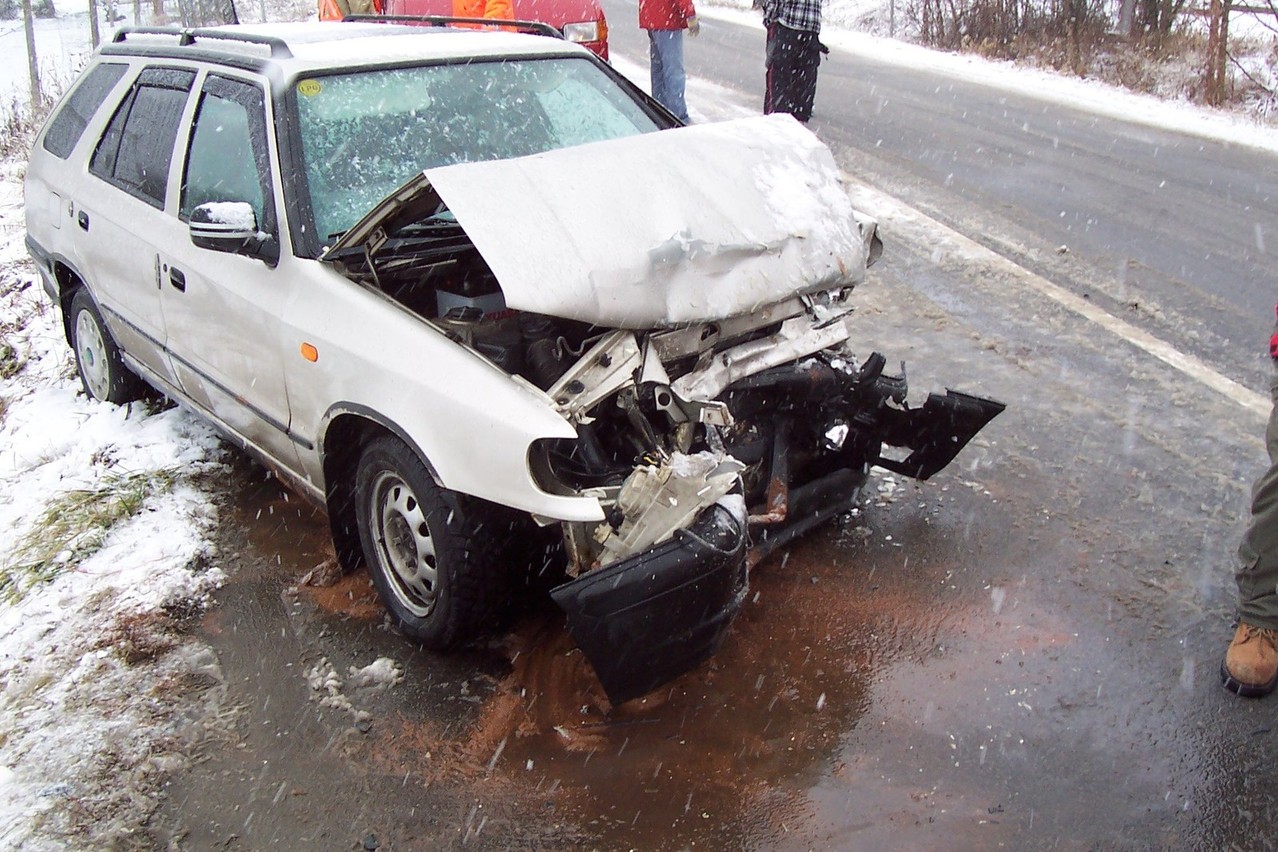- February 18, 2016
- Posted by: Liam Dai
- Category: Uncategorized

Drive a car? Then you better have auto insurance. If you have an accident, auto insurance protects you against significant financial loss resulting from damages. Essentially, it’s a contract between you and the insurer—you pay the premium and the insurer pays your losses defined in your policy. Most insurance policies are renewed every six months or annually.
Before we delve deeper, a few terms for those new to auto insurance:
- An insurance premium is the amount your insurance company charges you for a policy.
- An insurance deductible is the amount you are responsible for paying when damages occur as the result of an accident. As an example, $250 in damages as the result of an accident with $100 deductible on your auto policy will only obligate you to pay $100.
Auto insurance has three different components:
- Property coverage: damage, vandalism, or theft of your vehicle.
- Liability coverage: your legal responsibility to other for property damage and bodily injury
- Medical coverage: costs of treating injury and rehabilitation. Depending on the type of collision, this can include lost wages and funeral/burial expenses.
Of these three components, auto insurance policies offer six different types of coverage. Depending on the state that you live in, you may be required to purchase some of these coverages depending on their minimum coverage requirements. These are:
- Bodily Injury Liability (BD): Required by most states, this coverage pays for medical bills, lost wages/income, pain and suffering, and funeral expenses if you are legally responsible for injuries to others. It also covers court costs and legal fees to defend you in a covered lawsuit.
- Property Damage Liability(PD): Also required by most states, if you’re determined to be the cause of an accident, you’re legally responsible for repairs to another person’s property and vehicle. This goes beyond just another person’s vehicle, but also includes fences, signage, street lamps, etc.
- Medical Payment: This coverage pays for you and your passengers’ medical expenses regardless of the accident being your fault or someone elses. Optional in most states with no-fault laws, as no-fault coverage pays for expenses and lost wages tied to an accident.
- Collision: Regardless of your fault or another, this type of coverage pays for your vehicle’s damages resulting from a collision with another vehicle(s). If you’re not the one at fault, the insurer will usually seek reimbursement from the cost of repairing your vehicle. While this isn’t mandatory by most states, it is usually required by the lending institution or bank if your vehicle is financed.
- Comprehensive: This type of coverage protects you and your vehicle from road hazards other than a collision with another vehicle. This includes animal collisions (ex. deer), theft, vandalism, falling rocks, and most natural disasters. Like collision coverage, comprehensive auto insurance coverage is optional in most states, but required by lending institutions and banks if your vehicle is financed.
- Uninsured/Underinsured Motorist (UM): If you or your passengers are injured in an accident with a motorist who is uninsured and held responsible legally for its occurrence, this type of coverage pays medical expenses and related expenses up to the limits of coverage you have chosen in your plan.
* * *
Despite all this information, we’ve only scratched the surface of how to receive adequate coverage for yourself, your passengers, and your vehicle. This is why we at RiskBlock suggest you click here to find out more information with our expert insurance agents.
